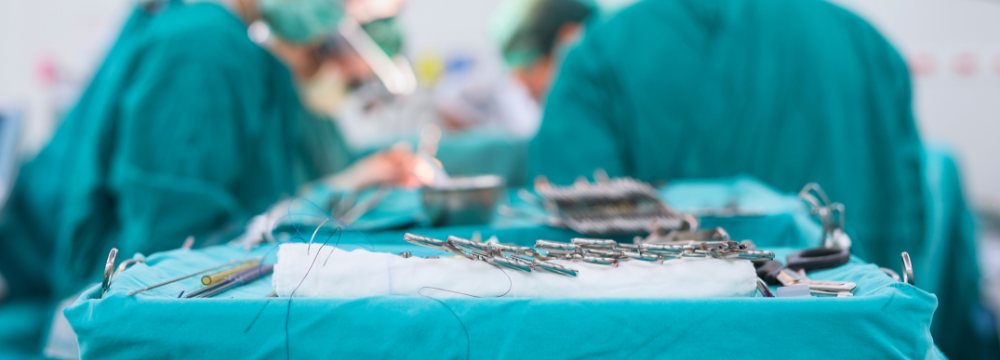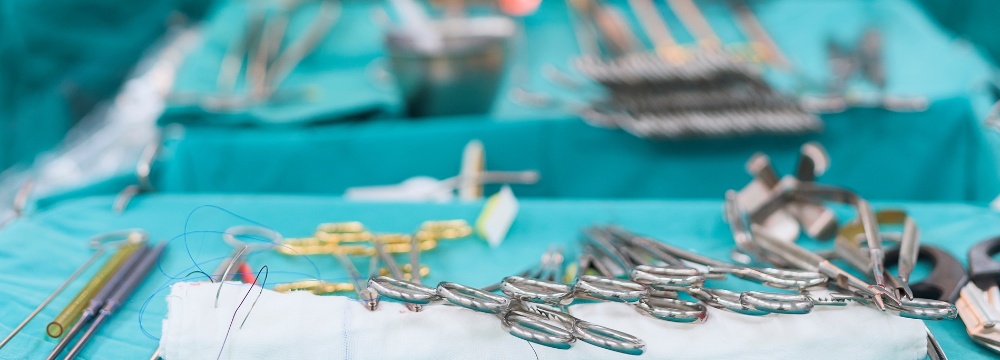Bariatric Surgery
Many patients ask if we remove the gallbladder during a primary bariatric surgical procedure. While it would be nice to offer a definitive answer, the truth is that it all depends on the symptoms you’ve been experiencing and whether it makes sense to combine these procedures. On the one hand, combining two abdominal surgical procedures sounds like a fantastic idea. We would only have to go in once, and we can handle two problems. However, the clinical indication for removal of the gallbladder is symptomatic gallstones. If you aren’t experiencing symptoms, removing the gallbladder will not be performed at the same time as the bariatric procedure.
Let’s talk more about gallstones and what happens when they are symptomatic. Gallstones are coagulated and crystallized pieces of bile. Remember that the gallbladder is a repository for the bile produced by the liver and is essential in regulating the digestive enzymes released into the G.I. tract. This is especially helpful for digesting larger meals where the gallbladder needs to push out more bile to break down fats and other compounds in the food.
A combination of issues increases the risk for gallstones, including dehydration, middle age, being female, being fertile, carrying excess weight, losing a significant amount of weight quickly, and more. Even if these gallstones do form, you’ll be happy to know that most patients will never experience a gallstone attack. The pain is usually manageable early on for those who have one. Most patients will feel a dull or sharp pain in the right upper quadrant of their abdomen just under the ribcage. This usually occurs shortly after (or up to 3-5 hours after) a particularly large or fatty meal. The patient’s pain is simply a result of the gallstone blocking the outflow of bile into the channel.
Unfortunately, gallstone attacks rarely disappear spontaneously. Instead, they tend to worsen over time. This worsening can lead to debilitating attacks that can last for quite some time after a meal.
The Bottom Line
It’s important to understand that, even if you are at a high risk of a gallstone attack, the only accurate indication for removal of the gallbladder during a primary bariatric procedure is the presence of symptomatic gallstones. Fortunately, even if the gallbladder needs to be removed later in a separate surgical procedure, the complication rates of a cholecystectomy (gallbladder removal) are minimal. For more information on weight loss, your bariatric procedure, or any other surgeries that may be considered, we encourage you to schedule a consultation or contact our office.










